Politics

European Union’s special representative for human rights Eamon Gilmore
Noting that the election is Bangladesh's political business, European Union's Special Representative for Human Rights Eamon Gilmore has expressed their hope that the forthcoming national election will be "free, fair and free of violence."
"So, our expectation will be that the elections will be without violence, and that they will be free and fair," he told UNB in an exclusive interview before leaving Dhaka on Friday night.
Gilmore said he is not going to offer a political opinion on how the election will be organised but when they think about elections, they do not think of just about what happens on polling day. "We also think about the environment coming into the election. That's what the exploratory mission was looking at."
He said most elections in most democracies and countries in the world take place without violence. "The conduct of politics is about democratic engagement. It's about people making their case, peacefully, democratically, respectfully, and then voters making their decisions."
Gilmore said they have just had an exploratory mission here over the last number of weeks and they did not get into a great deal of detail on it because they are waiting for the report of the exploratory mission on which a decision will be made whether or not to deploy an election observation.
He thinks that the country has more work to do on ensuring that there is more space for civil society organisations.
"We also talked about the Digital Security Act, and the concerns that we've been expressing for some time about how that Act is being used to silence and to limit press freedom to work and civil society actors," Gilmore said.
He said it was confirmed to them that the government intends to amend the DSA and the legislation to do so will be considered by the government in the near future.
"We hope that it will make a significant difference...so we will see what amendments will be produced," Gilmore added.
He said the broader space for political debate and political engagement has been shrinking. "So I'm glad that DSA is intended to amend. We have to wait and see the details of that. But it's encouraging (that DSA will be amended)."
On the Labour rights issue, Gilmore said they need to see some improvement in that area over time. "And I did make the point in the meetings that I had with the government that the whole environment around labor rights and around trade preferences is changing."
"That is what we are seeing, and it is one of the big changes that I've seen, I would say globally over the last four years," he added.
Gilmore mentioned that economic actors are becoming more significant and in the human rights area, consumers are becoming more aware of where a product is coming from, the conditions of which is made, whether or not workers are paid a fair wage, whether or not there is a fair price being paid for the particles when they are manufactured.
"But also investors are becoming more conscious about the word they are investing," he said.
"This is something that I think businesses need to be aware of that the game is changing on how working conditions and labor rights are being seen," Gilmore said.
He said Bangladesh has had considerable experience now of working the scheme of trade preferences. "Those trade preferences are conditional. I think we have seen progress. I think what we have to be looking towards now is their (relevant conventions) implementation."
Gilmore said there is a monitoring mission that will be coming in September to discuss relevant trade and labour issues.
Asked about using human rights as tools to gain politically, he said, "We see human rights are universal. They belong to people, they belong to people everywhere, doesn't matter what the political composition of a government or deeper political system in a country. These are rights that belong to individual people everywhere."
Gilmore said the human rights tools are established to ensure that people can enjoy those rights equally. "And that's what we support. "And across the work to the European Union, we work to an action plan, which has been agreed by our 27 member states. And that action plan is rolled out across the countries around the world for the European Union as delegations."
The EU special representative also held meetings with Law Minister Anisul Haq, Home Minister Asaduzzaman Khan and State Minister for Foreign Affairs Md Shahriar Alam and discussed the "centrality of human rights" to the EU-Bangladesh relationship.
Gilmore also spent time in the Rohingya camps during his five-day visit to Bangladesh with a wide-ranging agenda.









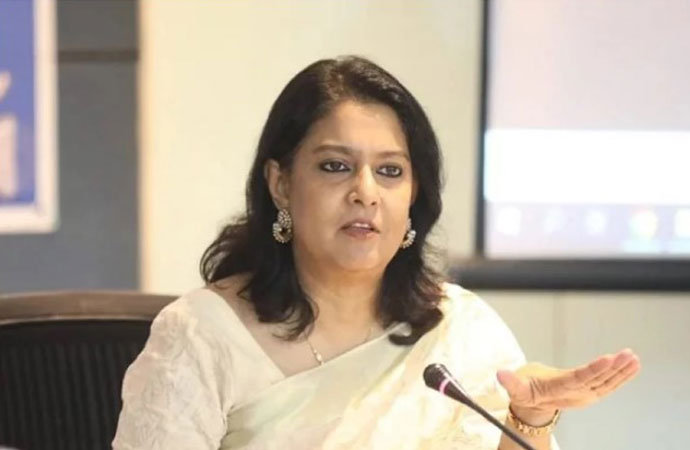
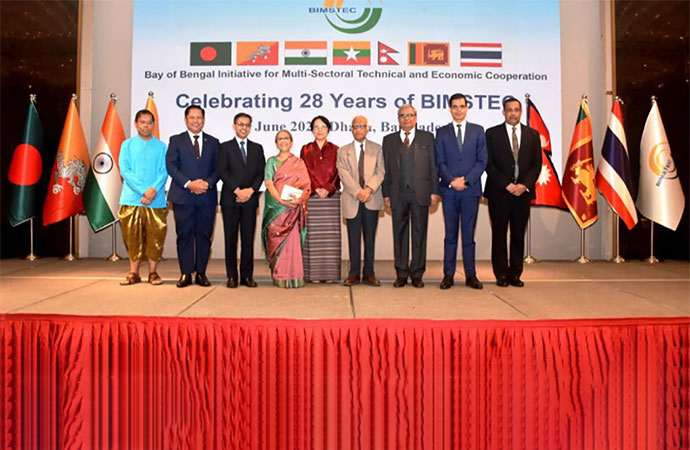









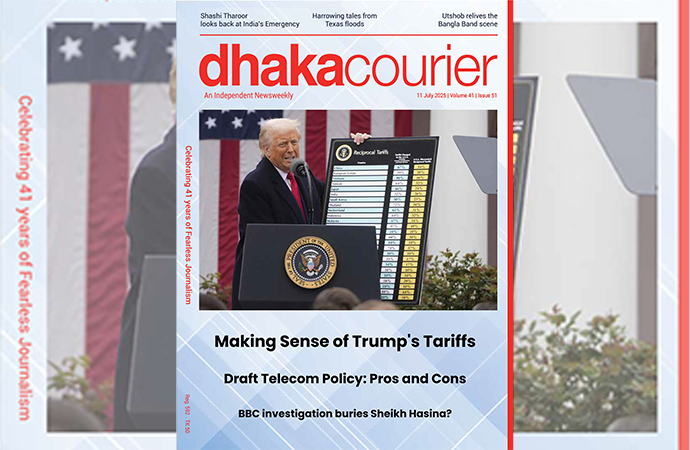
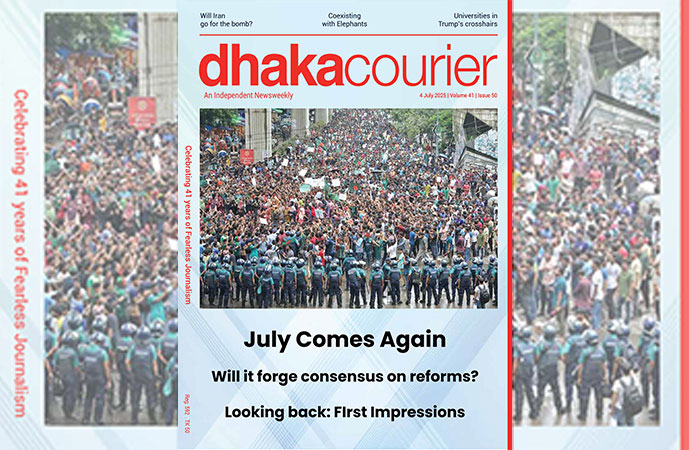

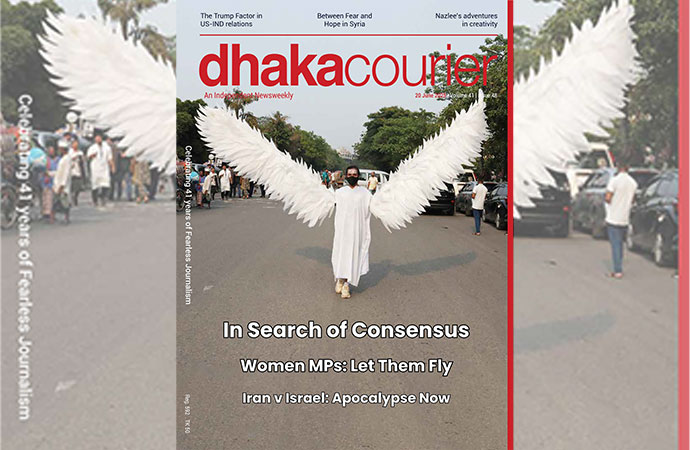
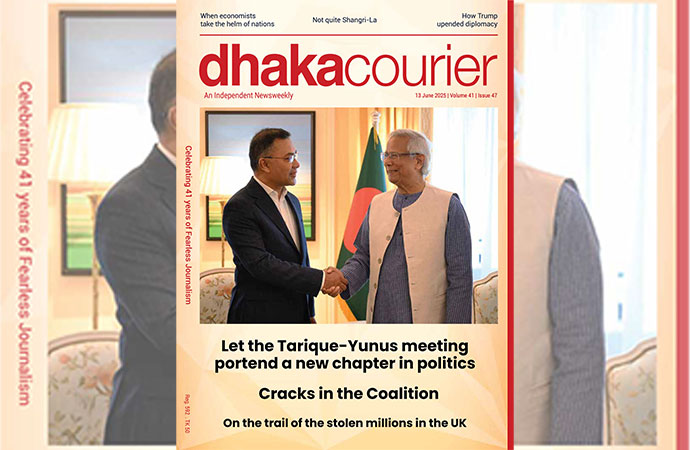
Leave a Comment
Recent Posts
The Northeastern Question
When secessionist movements sprang up across the Eastern European part ...
Trump’s Tariff: How far should ...
Will Bangladesh manage to get a last minute reprieve on its 'Trump tar ...
Rivers, Peaks, and Expressions – My Experience at th ..
What lies behind the alarming spike in violence agai ..
A Himalayan choice
Twenty Palestinians were killed at a food distributi ..